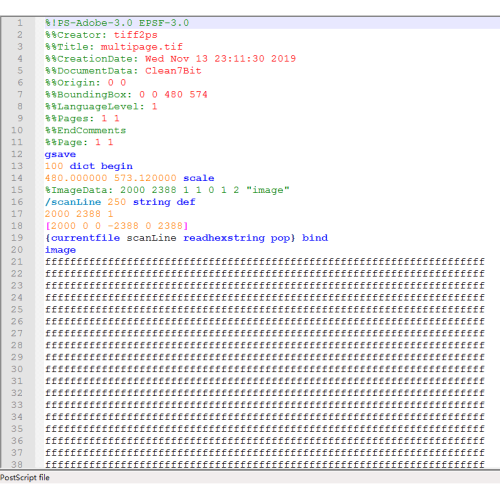

In MicroStation V7 the grdin translator doesn't show the available options. This is true for: dwgin, dwgout, cgmin, cgmout, igesin, igesout, cnvdgn and repcell - although this isn't the case for all versions.Įntering this keyin will display a table showing the valid parameters as well as an example of the syntax to be used.įor instance, by keying in MSBATCH DWGIN, you will be presented with the following information in a DOS window: With some of the translators it's possible to obtain a list of the available command line options by keying in MSBATCH from the system command prompt. To execute this MSBATCH statement, simply key in the batch file name from the command prompt. bat and type the entire MSBATCH statement on one line. Should this occur, create an ASCII text file with extension of. Depending upon your operation system, an MSBatch statement which exceeds the DOS 128 character limit it may not run as expected.The entire MSBATCH statement must be keyed in on one line.
Batch image converter command line full#
Utilize MicroStations configuration variables or use full paths when specifying the file names.For example, outdwg:c:\temp\*.dwg will output all files to single dwg files, but outdwg:c:\temp will output all files into one file called temp.dgn All output directory parameters (outdwg, outdgn, o, outgrd and outname) must end with a backslash.Wildcards (*) and (?) can be used for specifying file names.MSBATCH will use the last settings found in the DWG/DXF Import/Export dialog box – but that these can be overridden by command line options.Run MSBATCH from the directory that contains the executable.Although the syntax appears to be quite simple, the following should be kept in mind: MSBATCH is run from the directory that contains the executable and typically follows this syntax: MSBATCH option1 option2 option3…. Merge Source file(s) into a destination file Although most commonly used with V7 MicroStation for converting AutoCAD drawing files into the V7 design file format, MSBATCH can also be used to: MSBATCH is a delivered utility that runs from the command line and translates multiple files from one format to another.


 0 kommentar(er)
0 kommentar(er)
